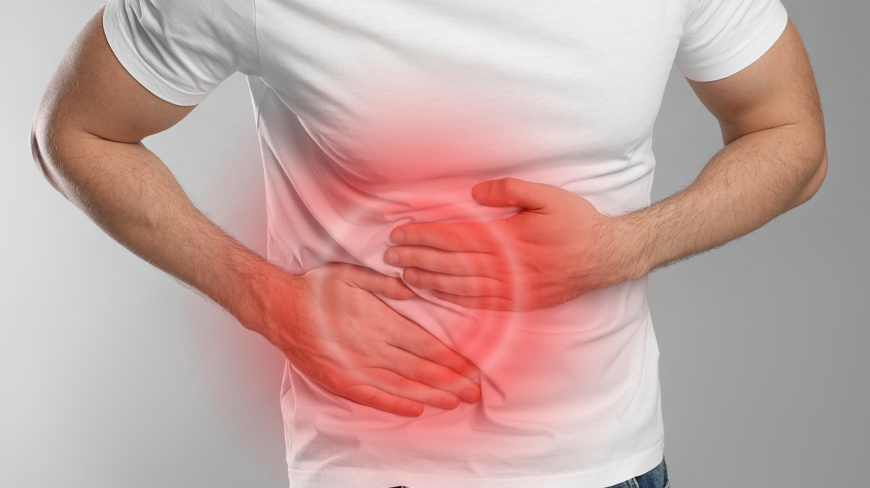
Abdominal pain is a common symptom that can arise from various conditions affecting the digestive tract, reproductive organs, urinary system, and other abdominal structures. It can range from a mild ache to severe, debilitating pain. Understanding the cause of abdominal pain is crucial for effective treatment and relief.
Abdominal pain, also known as stomach pain, refers to discomfort or pain felt anywhere between the chest and the pelvis. It can be acute (sudden and severe) or chronic (long-lasting or recurring), and it can originate from different organs and structures within the abdominal cavity.
When diagnosing abdominal pain, a healthcare provider typically performs a thorough physical examination and takes a detailed medical history. Diagnostic procedures may include:
While nebulizers are typically used for respiratory conditions and not directly related to abdominal pain, other treatment options for managing abdominal pain include:
Understanding the specifics of abdominal pain, its diagnosis, and the available treatment options can help patients manage their symptoms effectively and improve their quality of life.